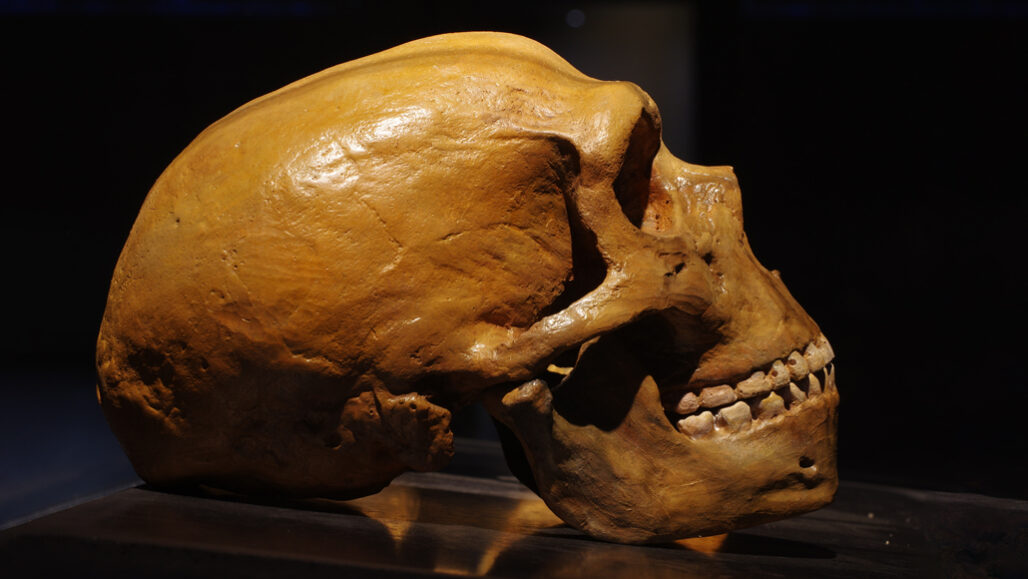Questions for “Some Neandertal genes may up the risk of severe COVID-19”

Interbreeding left people with ancestral fossils — DNA — from Neandertals (Neandertal skull shown). One of those genetic relics may make people more likely to get severely ill when infected with COVID-19.
Halamka/iStock / Getty Images Plus